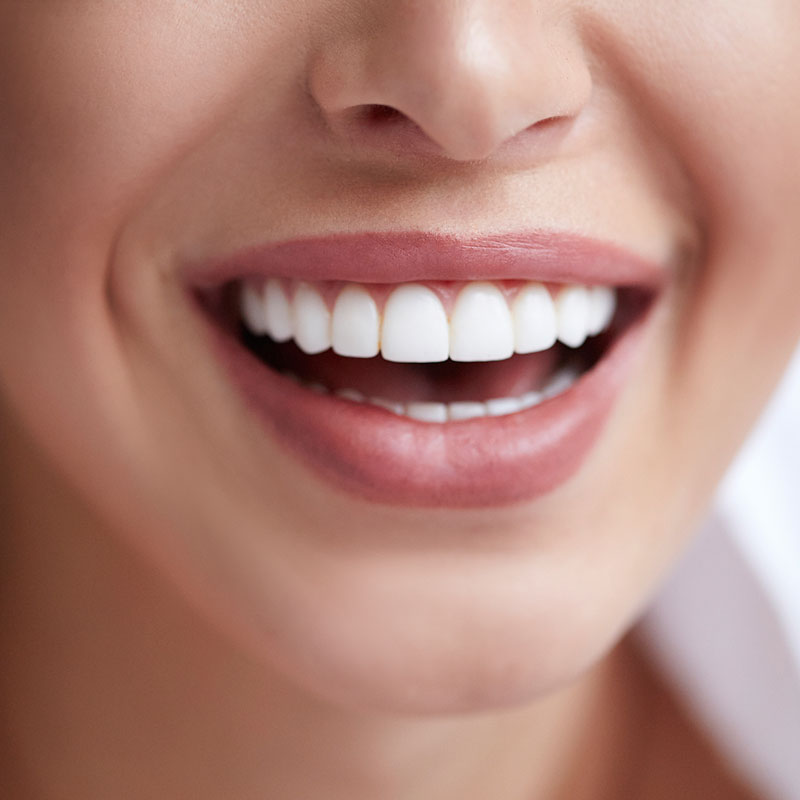Dental Veneers: Costs, Procedures, and Aftercare
Are you considering enhancing your smile with dental veneers in Australia? Veneers are a popular cosmetic dental treatment that can transform the appearance of your teeth, giving you a brighter, more uniform smile. This comprehensive guide will provide you with all the information you need about dental veneers, including costs, procedures and aftercare. Whether you’re looking to fix chipped, stained, or misaligned teeth, veneers can offer a durable and aesthetically pleasing solution. Read on to learn everything you need to know about getting dental veneers in Australia.
What are Dental Veneers?
Dental veneers are thin shells of porcelain or composite resin that are custom-made to fit over the front surface of your teeth. They are designed to improve the appearance of your teeth by covering up imperfections such as chips, cracks, stains, or gaps. Veneers are one of the most effective ways to achieve a natural-looking, beautiful smile without undergoing extensive dental procedures.
Types of Veneers:
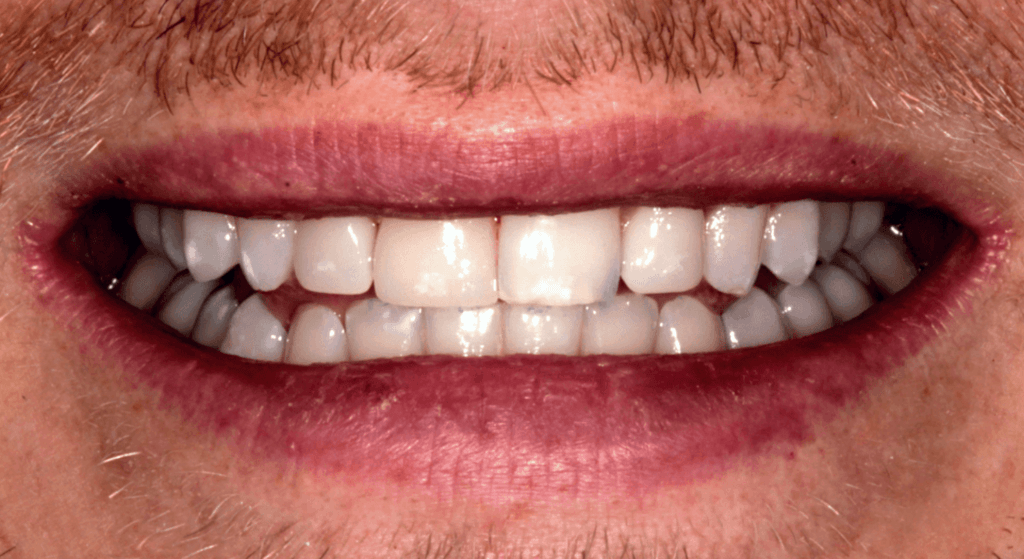
Porcelain Veneers:
- Made from high-quality ceramic material.
- Known for their durability and natural appearance.
- Resistant to staining from food and beverages.
- More expensive than composite veneers, but they offer longer-lasting results.
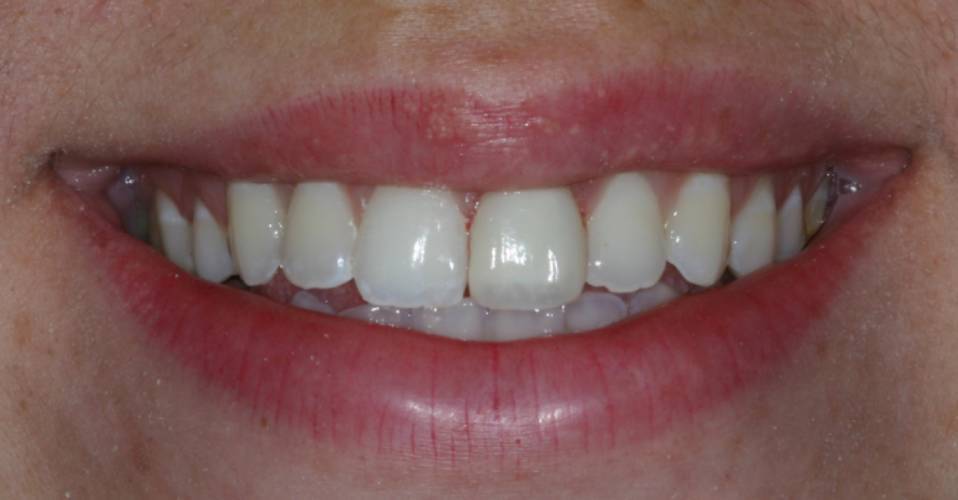
Composite Resin Veneers:
- Made from a tooth-colored resin material.
- Can be applied in a single dental visit, making them a quicker option.
- Less expensive than porcelain veneers, but they may require more maintenance.
- Tend to stain more easily and are not as durable as porcelain veneers.
Who Should Consider Veneers?
Veneers are suitable for individuals looking to improve the appearance of their teeth. Ideal candidates include those with:
- Chipped or cracked teeth.
- Severe discoloration or staining that cannot be fixed with whitening treatments.
- Gaps between teeth.
- Slightly misaligned or irregularly shaped teeth.
However, veneers may not be suitable for individuals with severe tooth decay, significant misalignment requiring orthodontic treatment, or weak teeth that cannot support the veneer. Additionally, those with bruxism (teeth grinding) may need to address this issue before getting veneers, as excessive grinding can damage them.
Costs of Dental Veneers in Australia
Average Cost of Veneers
The cost of dental veneers can vary significantly based on several factors. On average, the cost of porcelain veneers in Australia ranges from $1,200 to $2,500 per tooth, while composite veneers range from $500 to $1,500 per tooth. Factors influencing the cost include the dentist’s expertise, the location of the dental clinic, and the number of veneers required.
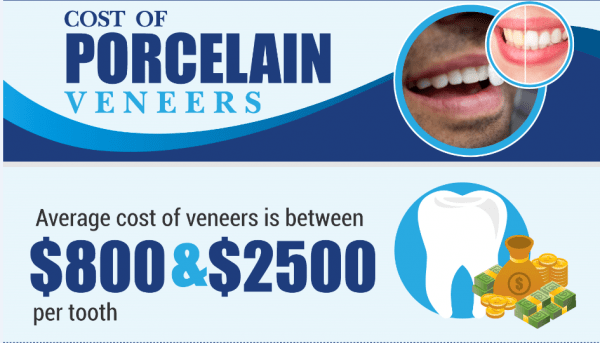
Factors Influencing the Cost:
Dentist’s Expertise:
- Experienced cosmetic dentists with a good reputation may charge more for their services. Their expertise often ensures better results and fewer complications.
Location of the Clinic:
- Dental clinics in major cities or affluent areas tend to charge higher fees due to higher operational costs.
Number of Veneers Required:
- The more veneers you need, the higher the overall cost. Some patients may require only a few veneers, while others may need a full set for a complete smile makeover.
Material Used:
- Porcelain veneers are generally more expensive than composite veneers due to their superior durability and natural appearance.
Payment Options and Insurance
Many dental clinics in Australia offer various payment plans to help manage the cost of veneers. Common options include:
- Interest-free financing.
- Payment plans spread over several months.
- Discounts for multiple veneers or full smile makeovers.
Regarding insurance, it is important to note that most cosmetic dental procedures, including veneers, are not fully covered by insurance. However, some dental insurance plans may cover a portion of the cost, particularly if the procedure is deemed medically necessary. It’s advisable to check with your insurance provider to understand what is covered under your plan.
Cost Comparison
When considering veneers, it’s helpful to compare the costs and benefits with other cosmetic dental options such as crowns and bonding. While veneers are generally more expensive than bonding, they offer superior durability and a more natural appearance. Crowns, on the other hand, cover the entire tooth and are often used for more extensive restoration.
Dental Bonding:
- Costs less than veneers, typically between $300 and $600 per tooth.
- Suitable for minor repairs and enhancements.
- Less durable and may require touch-ups over time.
Dental Crowns:
- Costs between $1,000 and $3,000 per tooth.
- Used for more extensive restoration, covering the entire tooth.
- More invasive than veneers, as more tooth structure is removed.
The Veneer Procedure
Initial Consultation
The journey to getting dental veneers begins with an initial consultation with a qualified dentist. During this visit, your dentist will:
- Examine your teeth and gums to ensure you are a good candidate for veneers.
- Discuss your cosmetic goals and expectations.
- Take X-rays or impressions of your teeth to plan the treatment.

Preparation and Planning
Once you decide to proceed with veneers, the preparation process begins. This involves:
- Cleaning your teeth thoroughly to ensure a clean surface for the veneers.
- Removing a small amount of enamel from the front surface of your teeth to make room for the veneers. This process is usually painless and involves removing about 0.5mm of enamel.
- Taking impressions of your teeth, which will be used to create custom veneers.
Advanced dental clinics may use digital smile design technology to create a virtual model of your new smile. This allows you to see how your veneers will look before the actual procedure. The digital model helps in planning the placement of veneers for optimal aesthetic results.
Application of Veneers
The application of veneers typically involves multiple steps spread over two to four weeks:
- Tooth Preparation: Your dentist will remove a thin layer of enamel from the front of your teeth.
- Impression Taking: Detailed impressions of your teeth are taken and sent to a dental laboratory where your custom veneers are crafted.
- Temporary Veneers: Temporary veneers may be placed while your permanent veneers are being made. These protect your teeth and give you a preview of the final result.
- Final Placement: Once your custom veneers are ready, your dentist will bond them to your teeth using a special adhesive. The veneers are then adjusted for a perfect fit and natural appearance.
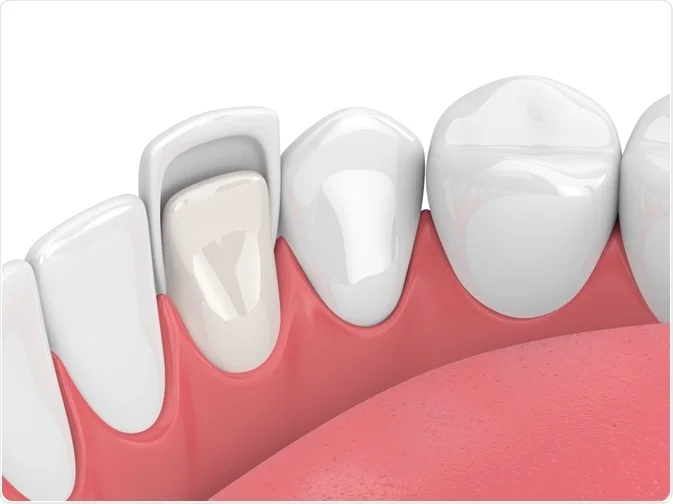
Follow-up and Adjustments
After the veneers are placed, follow-up visits are essential to ensure they are fitting correctly and comfortably. Minor adjustments may be needed to achieve the perfect fit. Your dentist will check the bite and ensure the veneers do not cause any discomfort or interfere with your natural bite.
Aftercare for Veneers
Immediate Post-Procedure Care
After getting veneers, it’s normal to experience some sensitivity and discomfort. To manage this, follow these tips:
- Avoid very hot or cold foods and drinks for the first few days.
- Take over-the-counter pain relievers if needed.
- Follow any specific instructions given by your dentist, such as avoiding certain foods or activities for a short period.
Long-term Maintenance
To ensure your veneers last as long as possible, maintain good oral hygiene practices:
- Brush your teeth twice a day with a non-abrasive toothpaste. Avoid using whitening toothpaste, as it can be too abrasive for veneers.
- Floss daily to prevent plaque buildup around the veneers and gum line.
- Avoid biting hard objects (ice, pens) and reduce the intake of staining foods and drinks like coffee, tea, and red wine. If you consume these, rinse your mouth with water afterward to reduce staining.
Regular Dental Check-ups
Regular dental check-ups are crucial for maintaining your veneers and overall oral health. Visit your dentist every six months for professional cleaning and to check the condition of your veneers. Your dentist will ensure that the veneers remain securely bonded and that there are no underlying issues with your natural teeth or gums.
Potential Risks and Complications
Common Issues
While veneers are generally safe, there are some potential risks and complications, including:
- Tooth Sensitivity: Some patients experience increased sensitivity to hot and cold temperatures after getting veneers. This usually subsides after a few days to weeks.
- Gum Irritation: The gums around the veneered teeth may become irritated initially but should settle down as they adjust to the veneers.
- Veneer Chipping or Cracking: Although veneers are durable, they can chip or crack if subjected to excessive force or trauma. Avoid biting hard objects and take care when eating hard foods.
Managing Complications
If you experience any issues with your veneers, contact your dentist immediately. They can provide solutions such as repairing or replacing damaged veneers. Always follow your dentist’s advice on caring for your veneers to minimise the risk of complications. Regular check-ups will help in early detection and management of any potential problems.
Conclusion
Dental veneers offer a remarkable solution for those looking to enhance their smile and boost their confidence. By understanding the costs, procedures, and aftercare involved, you can make an informed decision about whether veneers are right for you. If you’re considering veneers, consult with a qualified dentist to discuss your options and create a personalised treatment plan.
Ready to transform your smile? Contact us today to book a consultation and take the first step towards achieving the smile you’ve always wanted.

